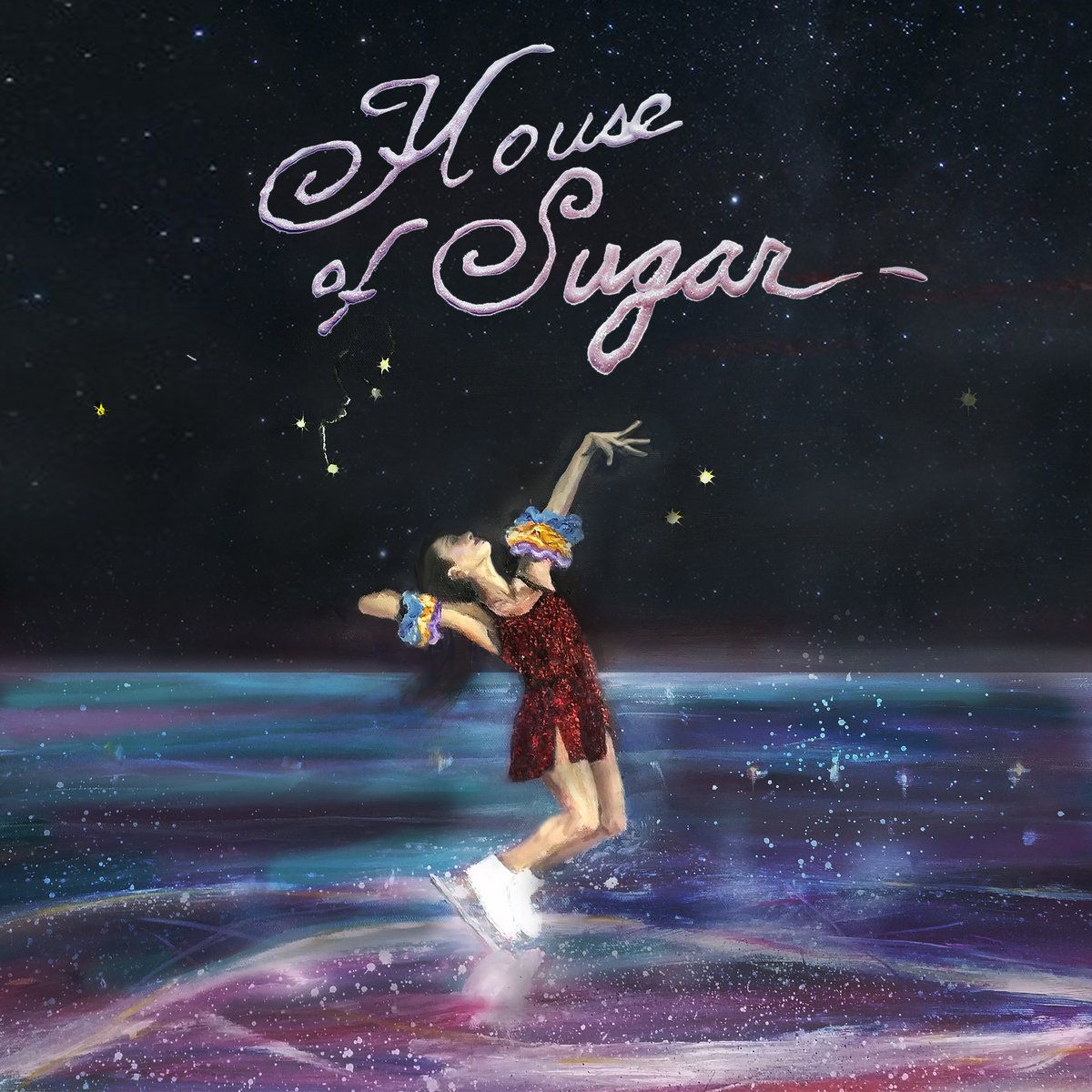Alex G’s experimentation on ‘House of Sugar’ results in a beautiful record
by Seamus McAvoy
2019-09-25

Alex G
House of Sugar
Domino Recording Company · September 13, 2019

It’s difficult to keep track of the total number of projects produced by (Sandy) Alex G, but in just five years, Philadelphia-born Alex Giannascoli has come out with his seventh studio album, House of Sugar. Since his 2014 label debut DSU, the multi-instrumentalist, who had already amassed a following thanks to Bandcamp and a series of strong projects already in his discography, has gone on to become one of the most important names in indie rock.
House of Sugar is probably Giannascoli’s most thematically-focused and musically polished to date, with Jacob Portrait’s production lifting the layered haze from a record anchored in loss and addiction. The House of Sugar is a metaphor at different times on the album for Giannascoli’s former residence, the fairy-tale site of Brothers Grimm’s “Hansel and Gretel,” a vice-ridden casino in Philadelphia — in every instance, an embodiment of places or situations that appear designed to forbid one’s escape.
Yoshida Kenkō, a Japanese-born Buddhist monk, once said that “It is the ephemeral nature of things that make them wonderful.” In House of Sugar, they seem too wonderful, the high too good to leave behind. When the album is at its best, the richness of the mixing allows the subject matter to come to the surface in devastating fashion. On “Hope,” named after the street Giannascoli lived on until 2017, Giannascoli sings “He was a good friend of mine, he died//Why I write about it now?//Gotta honor him somehow//Saw some people crying that night, yeah//Fentanyl took a few lives from our life, alright.”
Indeed, “fentanyl,” by no means one of Webster’s more euphonous terms, is uttered with the same nonchalance one might expect from a narrator that doesn’t quite understand why he’s writing about his friend anyhow. It’s possible that this expression comes off to some like a shrug, like an ineffective way of communicating just how tragic it would be to lose a friend in this manner, but that’s also what makes Giannascoli’s songwriting so human.
On the back-half of the record, “In My Arms” stands out as another highlight, following the intense, droning “Sugar.” Giannascoli describes a moment in the midst of radio-fueled car romance in a relationship of nebulous origin: “He laid his head back on my chest//Once had a wife, now nobody’s left//You said the song makes you wanna do bad things, yeah//You know good music makes me wanna do bad things.”
The understated-yet-biting style is reminiscent of that of Raymond Carver, the American short-story writer who gained admiration for his portraits of the quietly tragic lives of American white working class. Critics of Carver typically say that the illusion doesn’t work, that the prose is either so understated that to suggest it contains any worthwhile depth would be absurd, or that the simplicity does more to undermine the seriousness of the subject matter than it does to highlight it.
The works of (Sandy) Alex G fall in the same debate. Like Carver, Giannascoli’s songs reveal a feeling — sometimes of outright suffering, sometimes just mild sadness — that seems too painful to simply reveal outright. Or, when one of its causes is named, as on “Hope,” it’s only natural way of expressing itself is to fall breathlessly off of the tongue, with no emphasis on any particular syllable. There’s no need to be poetic in cases like these, when no words can possibly capture the effects of a drug like fentanyl, no song the suffering it continues to cause.
For the most part, the focus on loss and addiction are effective. The recorded is nicely bookended by tracks that emphasize the record’s themes in “Walk Away” and “SugarHouse,” the latter named after the SugarHouse casino in the Fishtown neighborhood of Philadelphia that by all indications maintains a Hotel California-level of inescapability.
Giannascoli has historically assembled his projects as Carver might, creating a sort of anthology of vignettes that trades in consistency for richness. This is the area in which some of the best moments on previous (Sandy) Alex G records have laid, but it’s lost on House of Sugar as a necessary consequence of making a project this airtight. It’s a new challenge, but Giannascoli’s songwriting is up to the task. The experiment works, and the result is a beautiful record.
